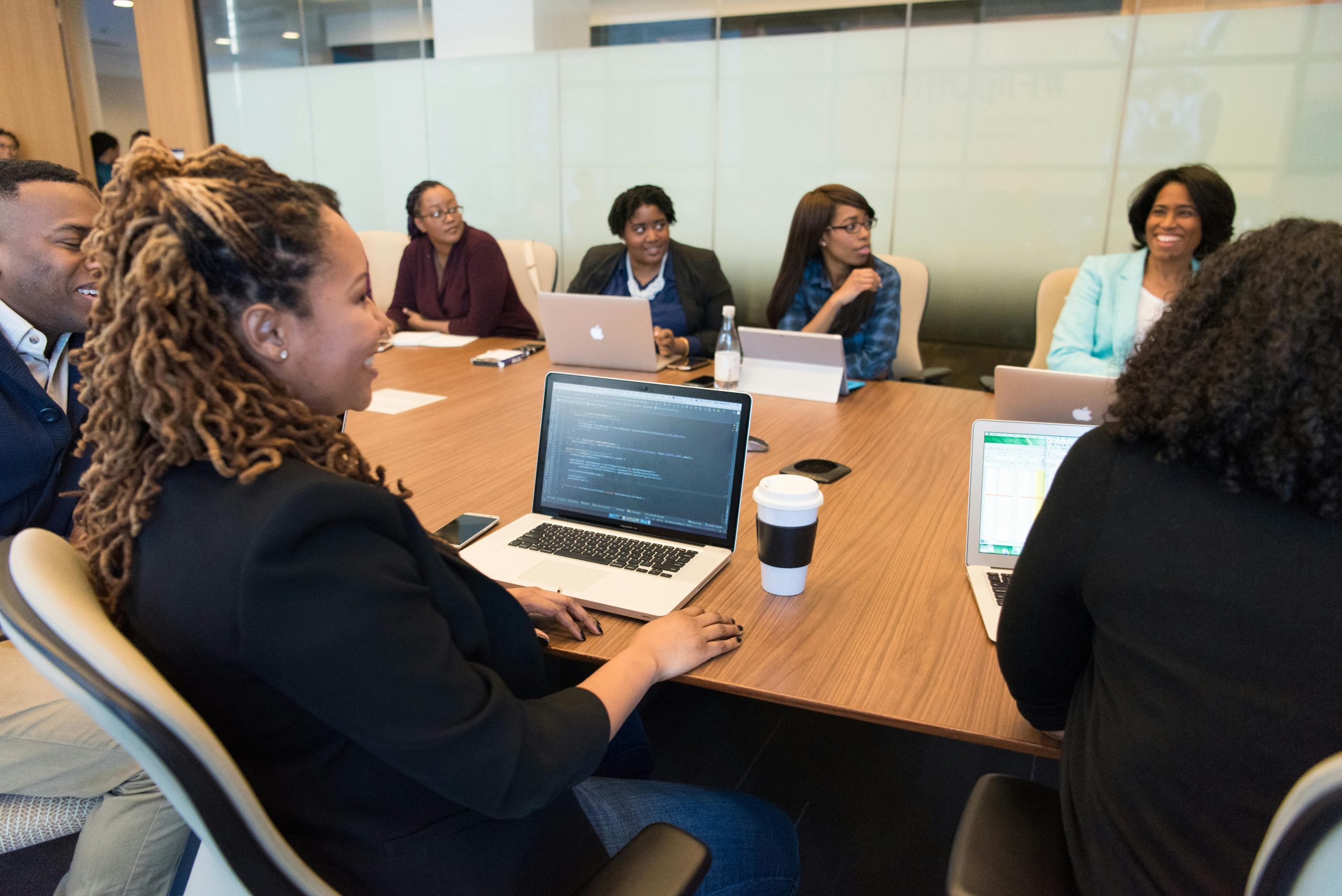In the heart of East Africa, a small, landlocked nation is scripting an economic story that defies expectations. Rwanda, once scarred by tragedy, has emerged as a beacon of stability and ambition, its growth trajectory rivaling the world’s most dynamic economies. Since 2022, Rwanda’s GDP has surged at an enviable 8-9% annually, propelled by agriculture, industry, and a burgeoning services sector. Inflation, once a 14% specter in 2022, has been tamed to a manageable 2-8% range by 2025, thanks to deft monetary policy. Foreign direct investment (FDI) is climbing, with $523 million flowing in during 2023 alone, and a staggering $3.2 billion in commitments registered in 2024. For investors eyeing frontier markets, Rwanda offers a rare blend of high growth, policy predictability, and untapped potential. But what makes this moment ,right now’ so critical for action?
The answer lies in Rwanda’s deliberate transformation into an investor’s playground. Under President Paul Kagame’s steady leadership, re-elected in 2024 for another five years, Rwanda has cultivated a business climate that ranks among Africa’s least corrupt and most efficient. The government’s Vision 2050 aims to catapult the nation to middle-income status by 2035, leaning heavily on private capital to bridge financing gaps. This isn’t just rhetoric: Rwanda’s incentives, tax holidays, duty-free imports, and legal protections, are among the continent’s most generous. Yet, the opportunity is not without nuance. Regional tensions, particularly with the Democratic Republic of Congo, cast a shadow, and Rwanda’s small market size demands strategic focus. For those willing to navigate these complexities, the rewards could be transformative.
A Land of Opportunity: Sectors Ripe for Investment
Rwanda’s economic landscape is a mosaic of greenfield opportunities, each sector pulsating with potential for mid-cap investors wielding €25-100 million. The mining sector, for instance, is no longer just about Rwanda’s role as the world’s top tantalum exporter. In 2024, a deal with Rio Tinto signaled ambitions in lithium, a critical mineral for electric vehicle batteries. With over $250 million in mining projects planned, including gold and processing plants, investors can tap into global demand for “conflict-free” tech metals, securing off take agreements with manufacturers.
Agriculture, employing over 60% of Rwandans, is undergoing a commercial revolution. The Gabiro Agribusiness Hub, a $180 million project, is transforming 15,600 hectares into a hub for export crops like horticulture and grains. Investors can stake €25-50 million in mega-farms or processing plants, leveraging Rwanda’s fertile soils to serve European, Gulf, and regional markets. Government co-investment and land grants sweeten the deal, while a growing domestic population fuels local demand.
Infrastructure is another cornerstone. The €1.3 billion Bugesera International Airport, set to open in 2026, aims to make Kigali a regional hub, spawning opportunities in roads, logistics zones, and hotels. Smaller projects, like a $20 million dry port or toll roads, offer steady cash flows through public-private partnerships (PPPs). Rwanda’s landlocked status makes efficient logistics vital, and investors can capitalize on rising trade under the African Continental Free Trade Area (AfCFTA).
Energy is equally ambitious. Rwanda targets universal electricity access by 2030, with a 65% renewable mix by 2035. Projects like the $400 million Rusizi III hydropower plant and 100 MW of planned solar farms beckon independent power producers. Methane gas from Lake Kivu, a unique resource, powers projects like Symbion’s Shema Kivu plant. With power demand growing 10% annually, investors can secure 25-year power purchase agreements, bolstered by sovereign guarantees and potential carbon credits.
Manufacturing is thriving in the Kigali Special Economic Zone (KSEZ), where tax perks and turnkey facilities have attracted $1.35 billion in 2024 commitments. From steel plants to textiles, mid-sized factories (€10-50 million) can serve Rwanda’s “Made in Rwanda” push and the broader African market via AfCFTA. Tourism, too, is a gem, with $620 million in 2023 revenues driven by gorilla trekking and conference tourism. New eco-lodges and branded hotels, costing €25-70 million, promise high returns as Rwanda markets itself globally.
Technology rounds out the picture. Kigali’s International Financial Centre (KIFC) offers 0% tax for fund managers, while projects like data centers or private hospitals ($20-50 million) cater to a tech-savvy, urbanizing population. Rwanda’s 4G coverage and 5G trials make it a digital hub, with ventures like Zipline’s drone deliveries showcasing its innovation credentials.
Navigating the Terrain: Hurdles and Incentives
Rwanda’s investor-friendly reputation is well-earned, but challenges persist. Business setup is a breeze, registering a company takes under six hours’ but operational hurdles like utility connections or tax compliance require patience. Sector-specific permits, especially in mining or energy, can take months due to ministerial approvals. Environmental and social standards are stringent, with mandatory impact assessments and community engagement. Land acquisition, in a densely populated nation, can be tricky outside government-zoned areas, though the Rwanda Development Board (RDB) facilitates deals.
Yet, Rwanda offsets these hurdles with a robust incentives framework. A seven-year corporate tax holiday awaits investments over $50 million in priority sectors, while a 15% tax rate applies to smaller projects. Duty-free imports and prompt VAT refunds ease cash flow, and accelerated depreciation boosts early returns. For strategic projects, bespoke deals ,like tax offsets for public infrastructure’ can be negotiated. Legal protections, including Bilateral Investment Treaties and arbitration access, ensure capital safety, with free repatriation of profits guaranteed.
Real Stories, Real Impact: Case Studies
Rwanda’s promise is not theoretical. Take Prime Cement, a $40 million plant built by Milbridge Group in Musanze. Launched in 2020, it slashed cement imports, lowered prices by 15%, and created over 110 jobs. Duty-free equipment imports and a five-year tax holiday, plus government-provided land, made it a swift success. By 2024, it commands half the domestic market and exports to the DRC.
The Kigali Bulk Water Project, a $60.8 million PPP, delivers clean water to 500,000 residents. Metito’s consortium, backed by development finance and a $6.25 million grant, navigated complex approvals with RDB’s help. Operational since 2020, it’s a model for private utility investment, yielding stable returns via a 27-year agreement.
In hospitality, Kasada’s $40 million redevelopment of Kigali’s Umubano Hotel into a Mövenpick, set for 2025, underscores Rwanda’s tourism potential. Acquired cheaply, the project benefits from tax waivers and government promotion, promising 150 jobs and a valuation doubling its cost. These cases highlight Rwanda’s knack for aligning private profit with public good.
In conclusion, Rwanda presents a compelling investment frontier, characterized by its remarkable economic resurgence, proactive governance, and a clear vision for sustainable development. Despite challenges such as regional tensions and market size, the nation offers a wealth of opportunities across diverse sectors like mining, agriculture, infrastructure, energy, manufacturing, and technology, particularly for mid-cap investors. Supported by generous incentives, a stable political climate, and a demonstrated commitment to transforming into an investor-friendly hub, Rwanda’s growth trajectory, highlighted by successful ventures and significant foreign investment, signals that now is a critical time for strategic engagement, promising transformative returns for those adept at navigating its unique landscape.
Read our full Report Disclaimer.
Report Disclaimer
This report is provided for informational purposes only and does not constitute financial, legal, or investment advice. The views expressed are those of Bretalon Ltd and are based on information believed to be reliable at the time of publication. Past performance is not indicative of future results. Recipients should conduct their own due diligence before making any decisions based on this material. For full terms, see our Report Disclaimer.

